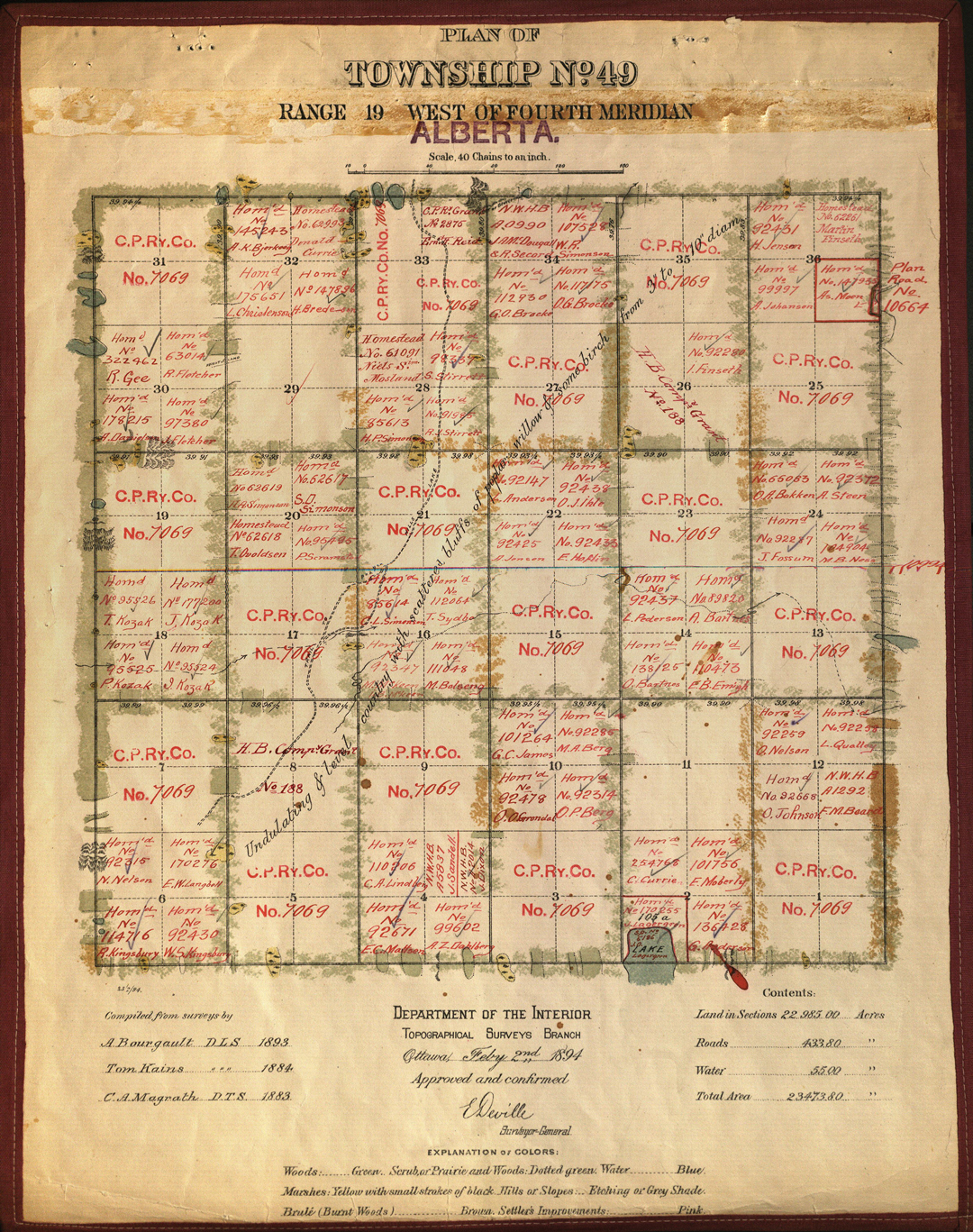A WIN FOR CRAFT BREWING
FIRST-ANNUAL ALBERTA BEER AWARDS REFLECTS THE INDUSTRY’S ENERGY AND OPTIMISM
BY IAN DOIG
For those attending the Alberta Beer Awards at Calgary’s Palace Theatre, it was clearly a banner evening for Alberta’s craft-beer scene. Hosted by the Alberta Small Brewers Association as part of its second-annual Alberta Craft Brewing Convention, the March 14, 2018 event marked the organization’s first industry awards ceremony. A total of 314 beers entered in 22 categories by 58 breweries vied for bronze, silver and gold honours. The evening reflected the enthusiastic vibe of the crowd, a mix of maltsters, brewers, liquor retailers and beer boosters from across the province.
GrainsWest spoke with Alberta Small Brewers Association executive director Terry Rock about the sudsy surprises, revelations and implications of the conference and awards night.
Terry Rock and wife Becky kick up their heels on the red carpet at the Alberta Beer Awards.
GW: How much has craft beer taken hold of Alberta culture since you’ve been involved with the Alberta Small Brewers Association?
TR: I started volunteering with this organization at the end of 2015 when there were 31 breweries in Alberta. I think we’re at 77. So, in a very short time, it’s really rocketed. And it’s not slowing down. We had a new-brewery workshop at our convention with 100 participants.
GW: How has the association grown and evolved since its launch?
TR: It’s been around since 2013. It was all volunteer run. In April, 2017, I was the first full-time, paid person to come in. The top priority remains working with the government of Alberta to make sure the environment for brewing facilitates the growth of the industry. We’ve expanded our mandate a bit by getting into developing tourism opportunities as people around the world get more interested in where their food comes from. More and more, we will emphasize the fact that we have this strong value-chain component of our story.
Bringing on the convention and the beer awards really speaks to the power of what you can do when you all get together to celebrate and to learn. Our convention trade show more than doubled the number of exhibitors from 2017—from about 25 to 62 booths in the Calgary Convention Centre this year. We had both long-established and startup Canadian, Chinese and American suppliers—from equipment to clothing and ingredient suppliers.
GW: How would you describe the level of success of the conference?
TR: It was excellent. To bring an outside perspective on our industry, we had three speakers from the U.S. We had Patricia Aron who runs the Rahr Technical Center Brewery in the U.S., John Holl, the senior editor of Craft Beer & Brewing Magazine and Chris Shepard who is the senior editor of Craft Beer News. They all commented that they felt an energy in the room—an enthusiasm and optimism. In some places in the world that have come down on the other side of a boom, there isn’t the same level of enthusiasm that we’re still feeling.
A big part of our focus at the convention was helping people understand how the market is going to be changing, the legalization of cannabis, and with more and more entrants in the brewing industry, how do you compete when things are so crowded.
GW: When and why was the idea to create an annual convention born?
TR: We started talking about it in the fall of 2017. We were contacted by two beer judges—Jason Foster who writes onbeer.org, and Owen Kirkaldy. Both are master-ranked, certified beer judges. They thought, given the growth of the industry, there were enough beers out there to have a viable competition, and that would start some conversations about Alberta beer.
When you’re in an industry like this and you have a product that has a lot of subjective taste behind it and a market that isn’t fully developed, it is often difficult to get authentic feedback on your product—to pick up the signal from the noise. We agreed to participate to try and get a feedback loop going. We had student volunteers from Olds College take notes, and each of the 58 breweries that participated gets a feedback sheet on the beers they entered.
The judging panels were certified judges, but also professional brewers who were judging in categories they weren’t entered into. As well as people that work in a professional capacity in the industry, typically as purchasers of beer for their store, pub or restaurant. And they’ve demonstrated through cicero or other training that they’re really interested in the quality of the beer they serve.
When you have a competition like this, some people will be disappointed, and ultimately, it’s the feedback that’s going to be valuable for them.
GW: What were the surprises and takeaways from the awards results?
TR: We’ve got some young breweries that are coming out of the gate strong. These young breweries surprised people. A number of medalists have been in existence for less than a year, like Blind Enthusiasm—winning brewery of the year—and Origin Malting and Brewing. Some of the others that are well known, like Troubled Monk and Blindman Brewing, are in a smaller group that are over two years old. Then you have the Big Rocks and the Alley Kats that have been around for a couple of decades or more. We have this really great mix of the new and old—deep expertise and people that are pushing boundaries.
GW: Half Hitch Brewing Company won gold in the Canadian cereal ale category. What can you tell me about the creation of this new beer style?
TR: As part of the Canadian sesquicentennial celebrations, Rob Swiderski of Craft Beer Market thought it would be interesting to create a new style of beer. The first phase was a pitch day at Craft Beer Market in Calgary. Breweries put together presentations for a new beer style that celebrates Canada. [The resulting suggestion was] that we create an ale that uses at least four of the most commonly grown cereals in Western Canada—barley, wheat, rye and oats with triticale as an optional fifth. And to make a beer that uses that style. We used the Alberta Beer Awards as a testing ground. The beers were judged, and the medalists are going to be used to determine some further style guidelines. And gold-medalist Half Hitch Brewing Company’s Papa Bear Prairie Ale will be used as the hallmark for what that style should be like.
GW: What are your hopes for the awards program in coming years?
TR: We’d love to grow it out. The event was a huge success—well over 500 people were there. It was a great celebration, and saying thanks to our broad community is part of that. We want these awards to be something the consumer can rely on. We’ll continue to build out our judging process, and we’d love to see some judges from out of province. We’ll talk about what we can do to improve it, but we want to keep it market-based. We want the average Alberta beer consumer to get a lot out of this.
GW: What does this annual convention and awards competition do for the province’s craft-brewing industry?
TR: It’s all about building it in multiple dimensions. It’s public awareness and starting conversations about excellence, quality and the tourism side of the business. Our vision is that brewing can be a signature industry for our province as we look to diversify our economy.
For further information on the 2018 Alberta Beer Awards and a link to the complete list of award winners, visit albertabeerawards.ca.









Comments